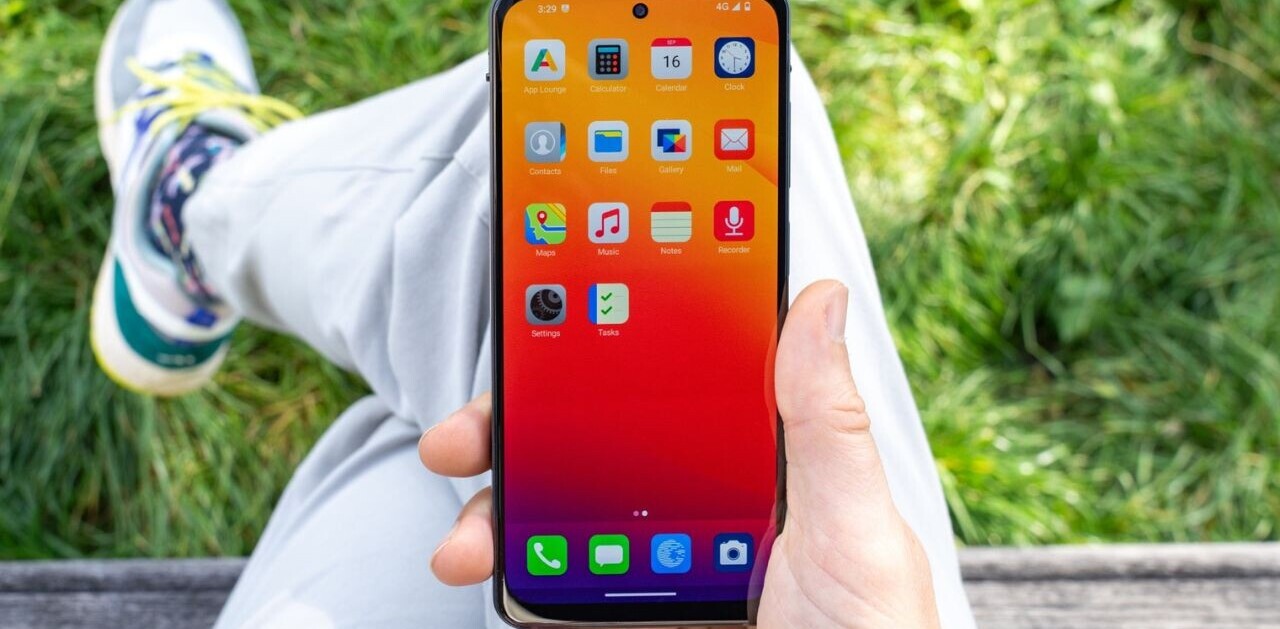
Schools and governments around the world are struggling to figure out how to deal with smartphones in the classroom. Last year, France passed a law that banned students from using smart devices at school, and now in the UK politicians are discussing joining in, with UK schools minister Nick Gibb recently saying there should be a new policy introduced to ban phones from schools.
To me, and probably others in edtech, this whole discussion feels like a major dose of deja vu. In 2012, when I was working on building the Kahoot! platform, I was invited to a round table discussion on the topic of ‘Tablets in the classroom.’ The conversation I listened to then is the same conversation I’m hearing now. As with Nick Gibb’s comments, there was a lack of focus on the real problem at hand.
At the time I felt we collectively had the chance to design new pedagogies and products that make mobile phones or tablets productive learning devices. In hindsight (and with a few notable exceptions) we are now paying the price for this neglect.
The conversation I frustratingly listened to in 2012 focused on replicating existing pedagogies (“let’s digitize textbooks!”) and preventing bad behavior (“they’ll just be on Facebook the whole time!”), rather than involving teachers and students to find out how a richer learning experience could be created.
Seven years later, it’s clear that society hasn’t acted on this problem. Instead of banning mobile phones from schools as a solution to distraction, it’s time politicians used their influence to empower the education sector as a whole to turn these powerful devices into genuine learning companions. Let’s act now!
Improve, don’t punish
If we are to harness the power of these devices to create more engaging and effective learning experiences, we need to better understand the behaviors and motivations of young people today. In classrooms, technology needs to better facilitate the human experience rather than being seen as a problem.
When we were designing our game-based education platform, we realized that if you have a room of students with heads buried in devices, you’re not maximizing the precious social time the classroom brings. That’s why it’s so important to establish a pedagogy which enables learners to look up, see each other and engage in a social and playful learning experience filled with student-led questions, conversation, and debate. That should be the focus of introducing any type of tech to the classroom.
Technology can enable a a richer learning experience, rather than distracting from it. If the concern is that social media will divert students’ attention, then we need to involve students in the process to design experiences that truly engage and motivate them.
The government needs to accept some responsibility that this debate is still happening in 2019, and as mobiles are becoming increasingly ubiquitous, see it as an opportunity to improve a student’s school experience, rather than punish them.
A personal learning companion
Learning is a personal and emotional experience, and the mobile phone is with you wherever you go.
Mobiles can help students understand their progress, point them in the right direction, and even help them discover the interests in life where they’ll achieve their full potential. They are devices that enable creativity, collaboration, and problem solving — essential skills in an ever changing and uncertain world.
In classrooms, mobiles can facilitate group activities, creation, and debate. They can give teachers an overview of everyone’s understanding in an instant, and provide more time to coach and support those that need it.
As teacher Nikki Onafuye, who recently commented on the topic in the Metro UK puts it, “classrooms are built on and around IT, so as teachers, we need to be up to date and appeal to the students in a way that is relatable to them.”
Educating for a more sustainable future
If school is about mastery, it’s time consumer technology and other relevant topics such as mental health, become part of the curriculum.
At a time when we’re grappling with how smartphones are eroding our attention span, harming our productivity, relationships, and mental health, isn’t it really a chance for us to teach a healthier way to use technology?
As Onafuye mentions, schools already have a responsibility to hold “phone safety sessions” to teach students how to use the internet appropriately.
This debate often centers on the negative effects of technology, rather than the methods being used to exploit it. If government wants to help students today become productive members of society, they’d do well to open their eyes to the role young people can play in a more positive tomorrow.
By becoming knowledgeable about the wider role technology plays politically, socially, and environmentally, and with a greater appreciation for the positives of what technology could enable if designed empathetically, the next generations will be better placed to create the tools that provide a more sustainable future.
Let’s not take a step backward
Banning phones from school feels counterproductive. There’s a risk of backlash from students, who we’d be punishing for our own collective inability to move the learning experience forward in a way that truly harnesses the technology.
The challenge to ourselves should be to tap into mobile’s potential in a healthy and engaging way, making the curriculum more relevant and opening young people’s eyes to the role they can play in our future.
In the UK, as well as the rest of the world, the government needs to enable that to happen.
TNW Conference 2019 is coming! Check out our glorious new location, an inspiring line-up of speakers and activities, and how to be a part of this annual tech extravaganza by clicking here.
Get the TNW newsletter
Get the most important tech news in your inbox each week.




